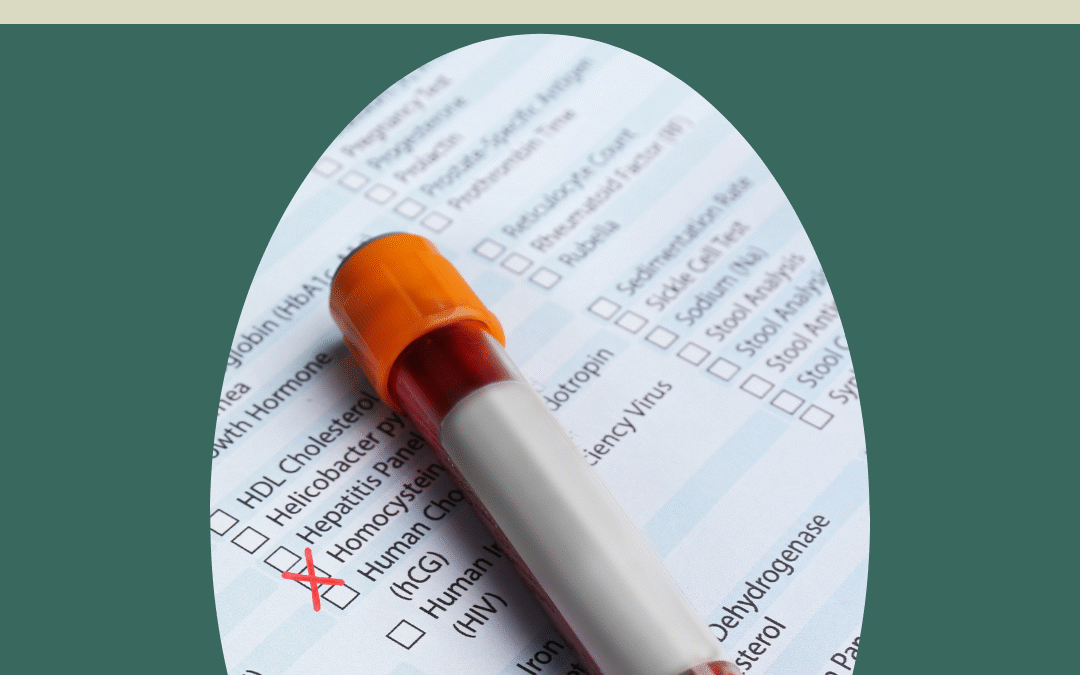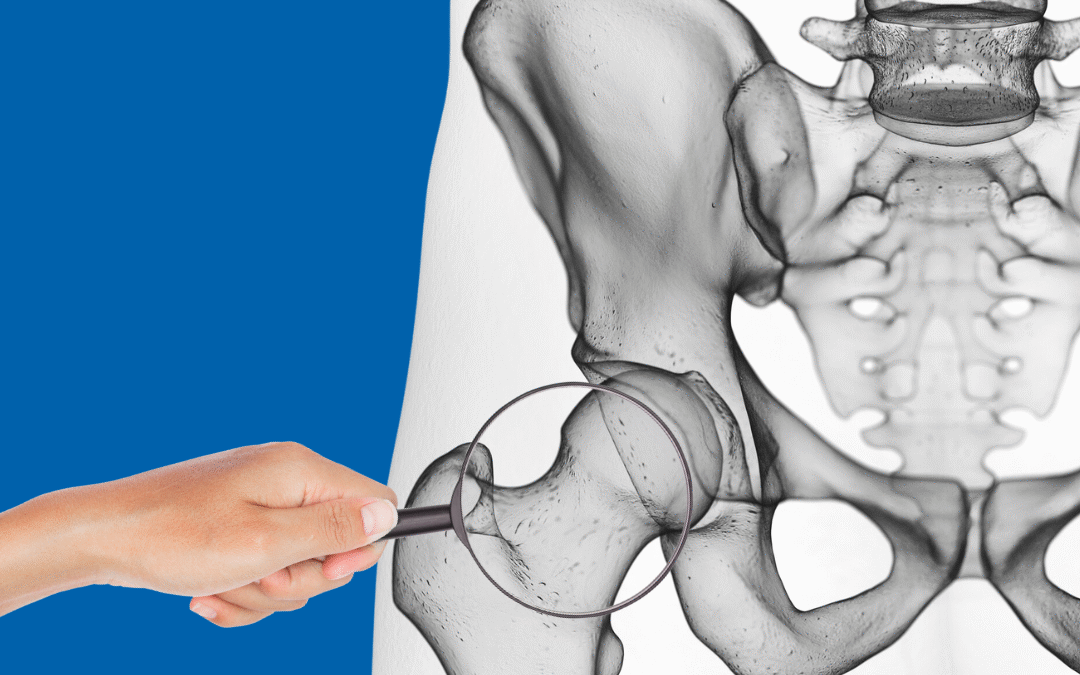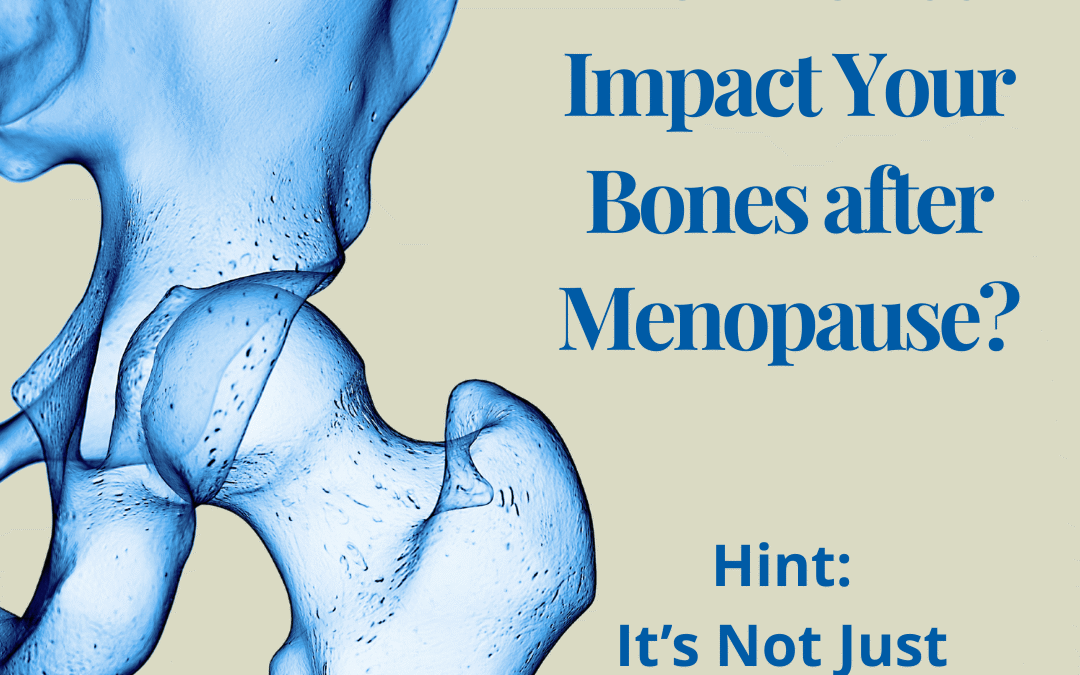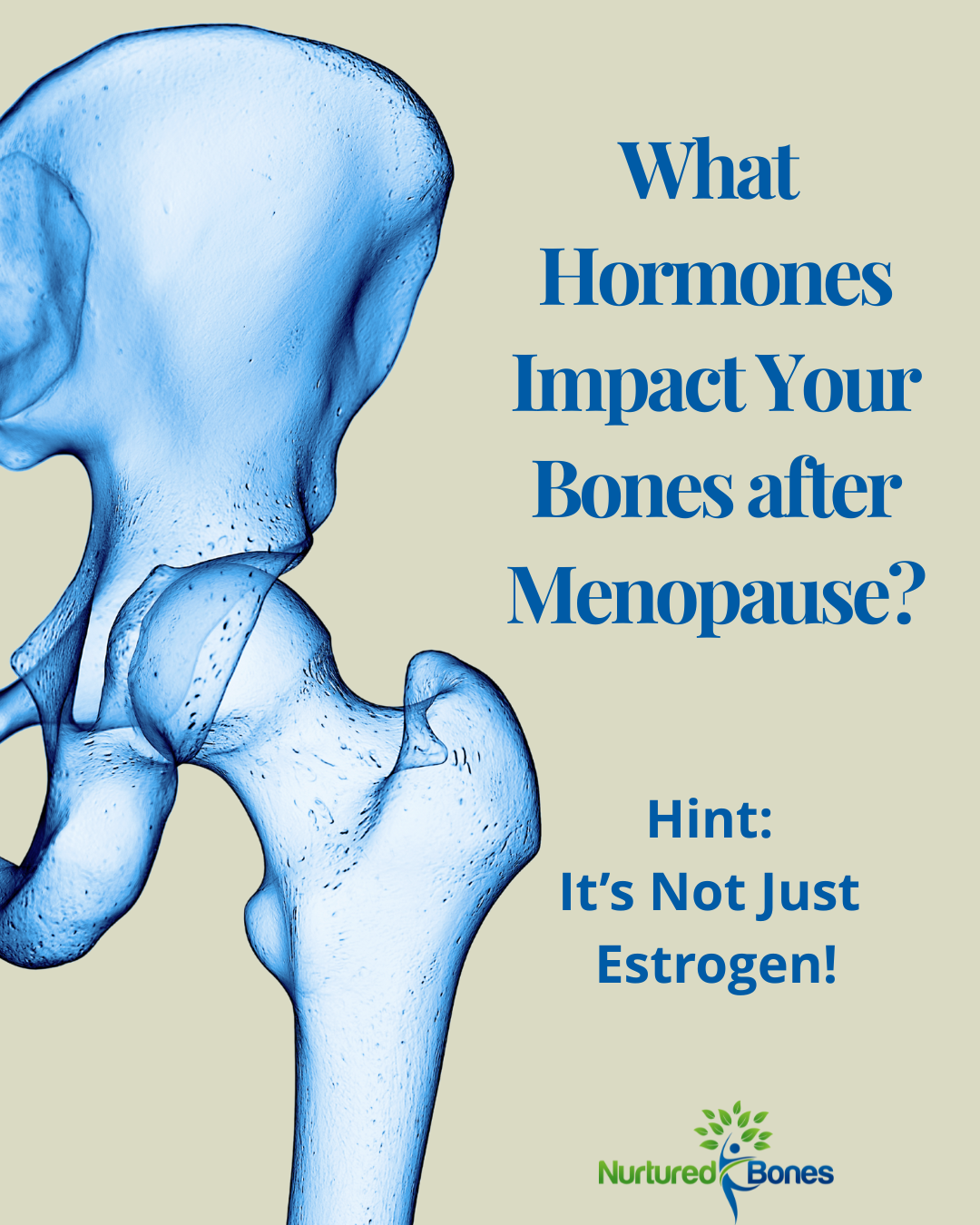
The Overlooked Lab Marker That Could Be Undermining Your Bones: Homocysteine
When it comes to protecting your bones, most people focus on calcium, vitamin D, and DEXA scans. But there’s one lab marker that’s rarely discussed—yet it could be quietly weakening your skeleton behind the scenes.

It’s called homocysteine, and research shows that elevated levels can contribute to bone loss and increased fracture risk through several damaging mechanisms.
How Homocysteine Harms Bone Health
Homocysteine (often abbreviated as Hcy) is an amino acid your body produces during protein metabolism. At normal levels, it’s harmless. But when levels rise, homocysteine becomes toxic to your tissues—including your bones. Here’s how it affects your skeletal health:
-
-
It increases oxidative stress. Elevated Hcy promotes the production of free radicals, which overstimulate osteoclasts—the cells responsible for breaking down bone—leading to an increase in bone resorption.¹
-
It disrupts collagen cross-linking. Collagen provides flexibility and structure to your bones. Homocysteine interferes with this process, weakening the internal framework of your skeleton.²
-
It damages osteoblasts. These are the cells responsible for building bone. Research shows that homocysteine can reduce osteoblast activity and promote their death, impairing new bone formation.³
-
It may reflect gut dysfunction. High homocysteine levels are often associated with lower levels of beneficial bacteria like Bifidobacterium, as well as poor absorption of vitamin B12 and folate—both essential for bone metabolism and for detoxifying homocysteine itself.⁴ ⁵
-
Why Homocysteine Testing Should Be Part of Every Osteoporosis Workup
Most osteoporosis evaluations include DEXA scans, calcium, and vitamin D testing—but that’s not always enough. Homocysteine provides an additional layer of insight that can help identify risks before they show up on a scan.
Early Risk Detection:
Homocysteine levels can rise years before noticeable bone loss appears on a DEXA scan. That makes it a valuable early-warning biomarker that can alert you to hidden imbalances long before a fracture occurs.⁶
Personalized Clarity:
High homocysteine levels often point to deficiencies in folate, vitamin B6, or B12. These nutrients are needed to break down and clear homocysteine from the body. Deficiencies may be caused by diet, low stomach acid, genetic mutations (like MTHFR), or poor gut health.
Homocysteine can also signal gut dysbiosis—an imbalance in the microbiome that reduces nutrient absorption and increases inflammation. This creates a cycle that disrupts detoxification, weakens bone integrity, and contributes to chronic disease.
Site-Specific Insight:
Elevated Hcy is particularly damaging to the spine and heel—two common fracture sites in postmenopausal women. Understanding this helps you and your practitioner focus prevention efforts where they’re most needed.⁸
4 Natural Ways to Lower Homocysteine and Support Stronger Bones
If your homocysteine level is above 10 µmol/L, here are four natural and evidence-based ways to bring it down and protect your bones.
1. Use Targeted B Vitamins
Supplementing with folate (preferably as methylfolate), B6, and B12 helps convert homocysteine into harmless byproducts. These nutrients are especially important if you have a genetic variant like MTHFR, which can reduce your body’s ability to process folate. Always work with a qualified health practitioner to determine the right form and dose for you.
2. Support a Healthy Gut Microbiome
Your gut plays a vital role in nutrient absorption, inflammation control, and detoxification. You can support a healthy gut by:
-
-
Taking probiotics with Bifidobacterium strains
-
Eating prebiotic-rich foods such as garlic, onions, asparagus, and oats
-
Increasing dietary fiber to nourish beneficial bacteria
-
Also, be mindful of gut conditions like SIBO, which can interfere with B12 absorption and raise homocysteine levels even when your intake is adequate.
3. Adopt Bone-Smart Lifestyle Habits
Smoking and inactivity are two lifestyle factors that raise homocysteine and weaken bones. If you smoke, quitting is one of the most impactful changes you can make.
Weight-bearing exercise—like walking, resistance training, and stair climbing—stimulates osteoblast activity and helps maintain healthy homocysteine levels.
4. Test and Track
If your levels are high, retest homocysteine every 3 to 6 months as you implement changes. The optimal goal for bone protection is to bring your level below 10 µmol/L. Tracking your progress helps ensure that your strategies are working and provides motivation to stay consistent.
Final Thoughts
Homocysteine is more than a cardiovascular marker—it’s a silent but significant factor in bone health. By testing for it early and addressing the root causes of elevation, you can take meaningful steps to protect your bones and prevent fractures.
Talk to your healthcare provider about adding homocysteine to your bone health evaluation—or I can help you get tested. This simple lab could be the missing piece in your path to stronger bones.
Want to Learn More?
If you’re ready to go beyond the basics and gain deeper insight into your bone health…
Join me for a free webinar:
Beyond the Bone Scan: What Your Doctor Isn’t Testing (But Should Be)
Thursday, May 22nd at 7:00 PM Eastern
In this live session, we’ll cover:
-
-
Functional lab tests that provide more insight than a DEXA scan alone
-
Which nutrient and inflammation markers I recommend tracking
-
How to use your lab results to build a more effective, personalized bone health plan
-
Bonus for attending live: You’ll receive my Bone Health Testing Tracker—a printable tool to help you organize and interpret your results.
CLICK HERE to reserve your spot.
This webinar could transform the way you approach your bone health—for good.
References
1. Herrmann M et al. Clin Chem Lab Med. 2007;45(12):1621–32
2. Saito M, Marumo K. Clin Calcium. 2005;15(6):937–44.
3. Tyagi N et al. J Cell Biochem. 2010;111(4):1160–6.
4. Obeid R, Herrmann W. Clin Chem Lab Med. 2006;44(11):1278–83.
5. Berding K et al. J Nutr Biochem. 2021;97:108761.
6. Zhu Y et al. Bone. 2020;131:115163.
7. Reynolds E. BMJ. 2006;332(7532):1034–7.
8. van Meurs JBJ et al. N Engl J Med. 2004;350(20):2033–41.







